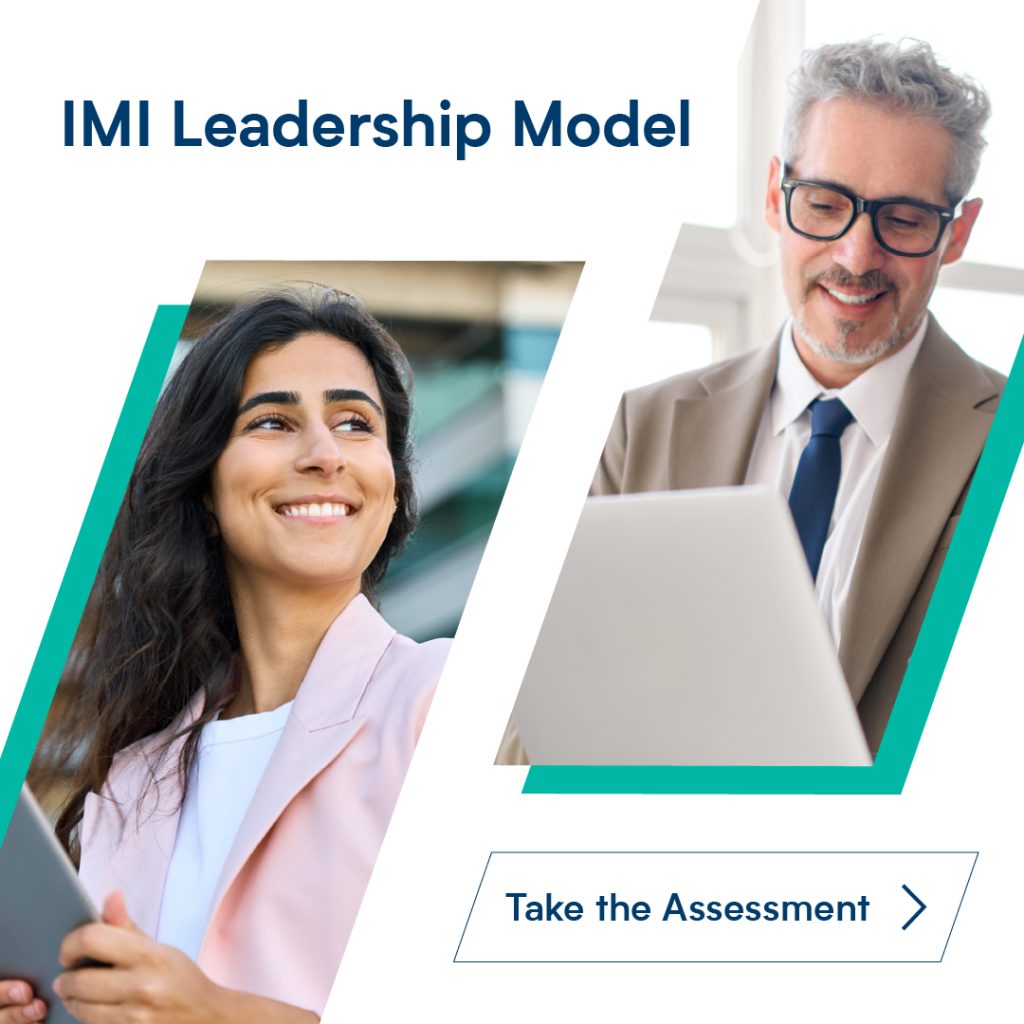Event Insights: The Mindset for Success with Dr Ruth Gotian
The IMI Masterclass series kicked off in-person for the first time since 2019, with a hugely successful session hosted by Dr Ruth Gotian of Weill Cornell Medicine. Sponsored by Mason Hayes & Curran, this event was the first in a series of three masterclasses, set to take place throughout the year.
IMI Interim CEO, Shane O’Sullivan, welcomed the audience before handing over to Dr Gotian who took us on a journey of discovery, based on the four things every high achiever has in common. Ruth has interviewed Olympians, world-class physicians, and billionaires, and identified four characteristics that we can all channel to work towards success.
Ruth began the session by talking about the concept of being average. Think about your performance reviews. If you’re average, you’re fine, usually no more is said to you. However, if you’re below average, that’s when your line manager is likely to pull out all the stops to help you get to the point of being average. So in other words, we put a lot of emphasis on the people who aren’t meeting certain benchmarks, as opposed to the high achievers. In today’s Masterclass, the focus was flipped to the high achievers, and what we can do to emulate them.
But first – what is success? It’s something that looks different to everyone. Ruth asked the audience to write down what they would consider “success” to be. And while a number of coherent themes began to emerge, it was clear that success really did mean different things to different people. Answers were as diverse as being financially secure, to carrying out meaningful work, continuous learning, and a strong work-life balance. Achieving goals was another theme that came out amongst the attendees.
Now that you’ve identified what success looks like in your particular context, you’ll be able to use the four common elements of high achievers to make those goals a reality.
The Four Elements
All high achievers have intrinsic motivation. This is what helps you wake up excited in the morning, or put another way, it’s the work you’d do for free if you were able.
Dr Gotian recommends undertaking a “passion audit”. Identify the things you’re good at, the things you’re not good at or don’t enjoy, and the things you love doing. Ideally, you’ll fuse what you’re good at with what you love doing, and devote at least 20% of your time to doing what you love. This is a strong tool to combat burnout.
High achievers persevere. They know that they’ll achieve a goal, so the question isn’t if they’ll be able to do something, but rather how they’ll get there.
One example Ruth gives is biochemist Peggy Whitson, who worked for NASA. She applied to be an astronaut and was rejected for a full ten years! But without giving up on her goal, she was able to use her biochemistry learnings to become a better astronaut candidate. Eventually, she did end up as not only an astronaut, but NASA’s chief astronaut!
All high achievers begin within a strong foundation. Have you ever noticed that a professional basketball player does exactly the same warm up exercises as a teenage athlete? This is because the foundation is the same, no matter what level you’re at.
Ruth talks about how none of the Nobel Prize winners she knows have stopped researching since they won the Noble Prize! Nor have any of the Olympic athletes she’s worked with stopped training once they’ve won a gold medal. Once you have the foundations, you need to be constantly re-enforcing them.
Finally, high achievers are always learning. You might have heard people say that billionaires read for 3 – 8 hours every day, but that’s not possible for everyone.
When you have children, a full time job, or other responsibilities, it’s impossible to find so much time to sit down and read, but there are a whole lot of other ways that you can open yourself up to new information. Yes, this can take the form of reading books, but you can also read shorter form magazines or journal articles, or opt for podcasts, webinars, YouTube, or audio books. You might even be surprised about how much you’ll learn simply by speaking to other people.
Towards the end of the session, Ruth touched on the concept of mentoring. If you want to succeed, it’s not enough to simply have one mentor from your industry to guide you through your career journey. You need to have a team of mentors who can offer you different perspectives and experiences.
And who should be on your mentoring team? Firstly, it’s important to have people both from within your field and from outside. There are invaluable learnings that can be gained from totally different industries. Secondly, you should include people from a range of levels in your mentor network. While those at more senior levels than you can bring with them a wealth of experience, people at your level are able to understand your specific challenges, while more junior employees can bring totally different perspectives.
And if we had to pick one titbit that really resonated with our audience (so much so that they could be heard debating it throughout the coffee break and beyond), it was the notion of “Velcro vs Teflon”. If something bad happens to you, does it stick to you like Velcro? If so, it’s probably weighing you down. Whereas, if you’re more like Teflon, you’ll find that anything negative simply slides right off you! While there’s no quick way to make the switch, it helps to be aware of where you lie, and you can rest assured that with time and experience, you’re likely to swing more towards Teflon.
—
IMI Corporate members can enjoy access to webinars, in-person events and other benefits. You can find out more about Corporate Membership here.
—



